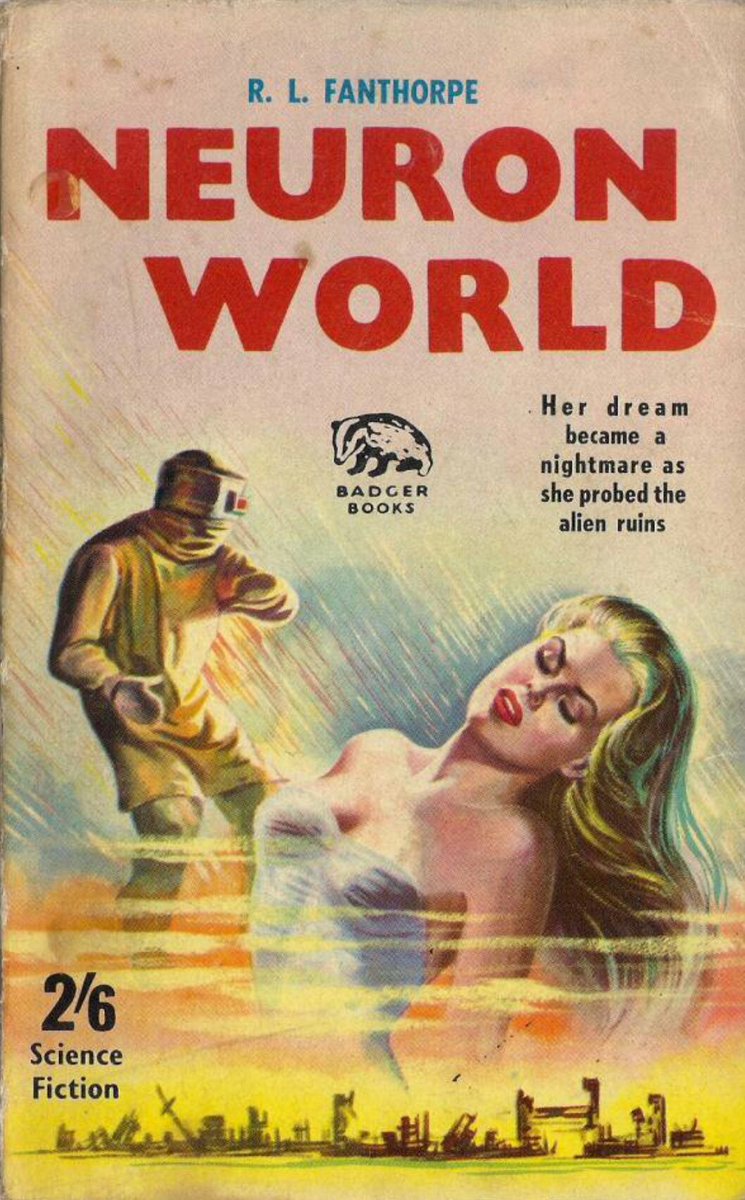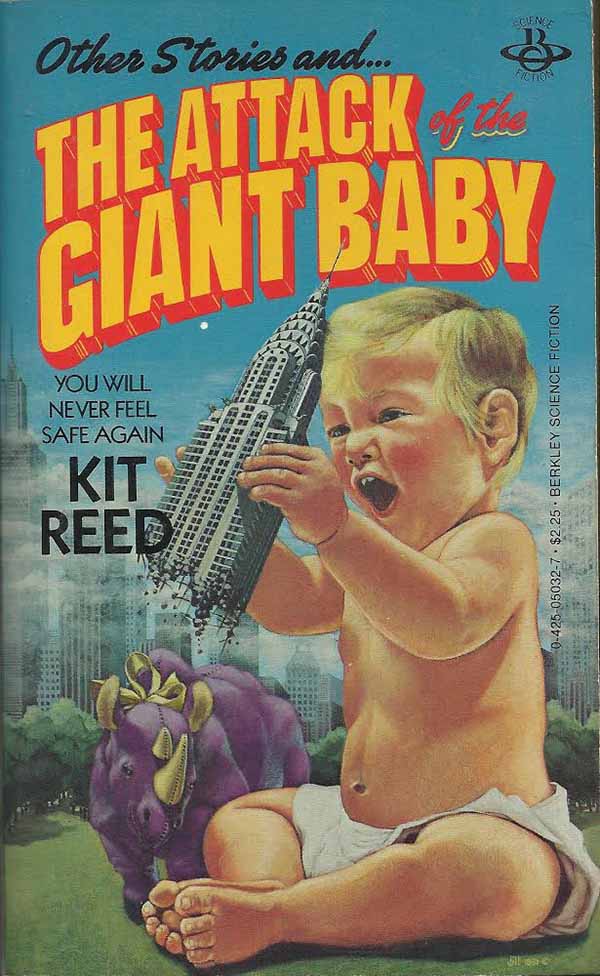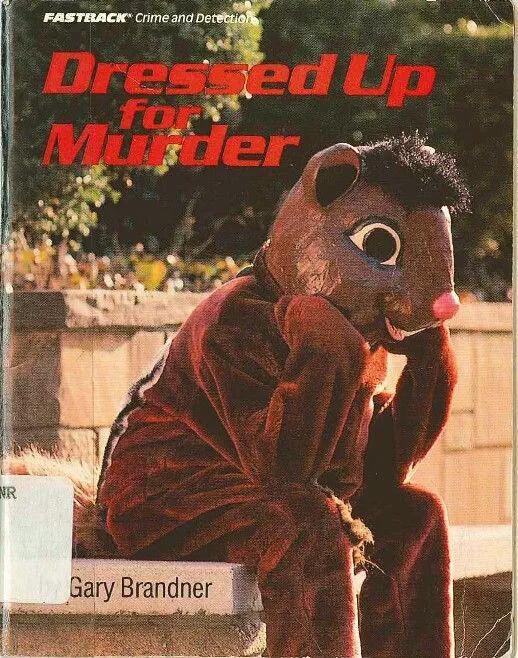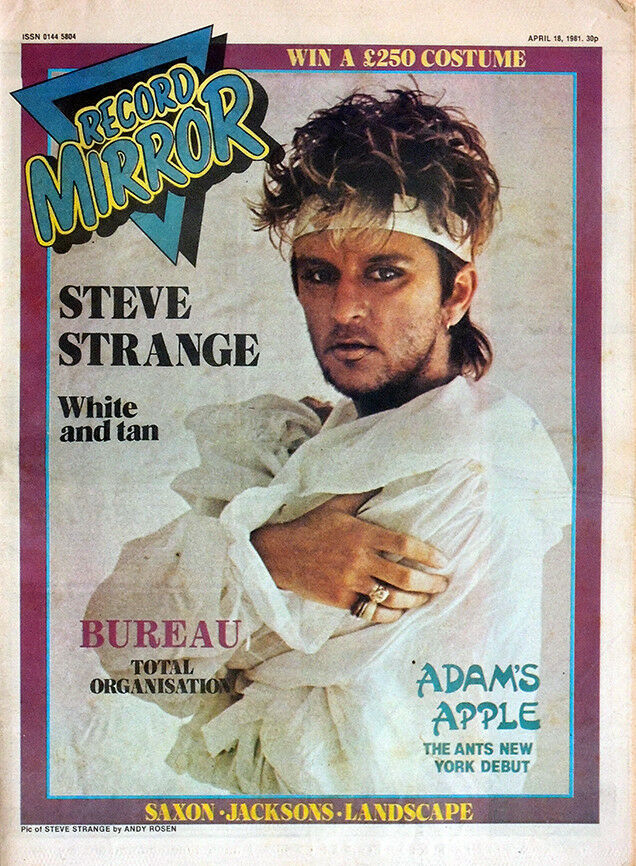
Today in pulp... the searing, evocative power of a well crafted opening sentence!
For this thread I will draw my examples from the greatest writer in the English language (based on synonym use): the Reverand Lionel Fanthorpe.
For this thread I will draw my examples from the greatest writer in the English language (based on synonym use): the Reverand Lionel Fanthorpe.

On death:
"Bellenger was dead when they found him. That Bellenger was dead was probably the understatement of the year. Bellenger was horribly, violently dead!"
"Bellenger was dead when they found him. That Bellenger was dead was probably the understatement of the year. Bellenger was horribly, violently dead!"

On introducing characters:
"The alien was a strange looking beast. Even by the broad standards of the Galactic recognition code it was definitely non-U. [...] The alien's name was Khgnjsdag, which didn't really matter except to the alien."
"The alien was a strange looking beast. Even by the broad standards of the Galactic recognition code it was definitely non-U. [...] The alien's name was Khgnjsdag, which didn't really matter except to the alien."

On crowds:
"The crowd had to be seen to be believed. There are crowds and crowds but this was the crowd to end all crowds. Never, perhaps ever before in the whole of human history had there been such a massive congregation. Such a teeming of humanity."
"The crowd had to be seen to be believed. There are crowds and crowds but this was the crowd to end all crowds. Never, perhaps ever before in the whole of human history had there been such a massive congregation. Such a teeming of humanity."

On the elements:
"The breeze was not merely gentle and summery, it was the herald and harbinger of the frosts that lay ahead. Its teeth were not yet developed, but their soft, white outlines could be felt below the gum tissue of the breeze's gentle movement."
"The breeze was not merely gentle and summery, it was the herald and harbinger of the frosts that lay ahead. Its teeth were not yet developed, but their soft, white outlines could be felt below the gum tissue of the breeze's gentle movement."

On repetition:
"She was a good ship, tall, proud and strong; gleaming beryllium and zirconium; perfect gem of a ship; a culmination of 25th Century science. Sleek and proud and graceful. Proud too, as if aware of her own grace and strength. "
"She was a good ship, tall, proud and strong; gleaming beryllium and zirconium; perfect gem of a ship; a culmination of 25th Century science. Sleek and proud and graceful. Proud too, as if aware of her own grace and strength. "

On the indescribable:
"The decorations were almost indescribable in the effect that they produced. One by one they could be described in detail but the overall gestalt could not be conveyed by such a description."
"The decorations were almost indescribable in the effect that they produced. One by one they could be described in detail but the overall gestalt could not be conveyed by such a description."

On imprecision:
"There was something irregular in the thermometer. Her calculations on the barograph had indicated that the expected temperature variance was not conforming to a pattern which earlier records had indicated was practically immutable."
"There was something irregular in the thermometer. Her calculations on the barograph had indicated that the expected temperature variance was not conforming to a pattern which earlier records had indicated was practically immutable."

On history:
"Sea. Wide, blue and empty. A limitless expanse of Mediterranean. The Great Sea. The ancient sea. The sea around which the cradled civilizations of the world had grown, and struggled with one another for ascendancy; had seen their hour of glory and had died."
"Sea. Wide, blue and empty. A limitless expanse of Mediterranean. The Great Sea. The ancient sea. The sea around which the cradled civilizations of the world had grown, and struggled with one another for ascendancy; had seen their hour of glory and had died."

On first impressions:
"Garth Hainford was as unlike his celebrated namesake in the popular strip cartoon as it was possible for one human being to dis-resemble another [...] something close to the emaciated nobility of the mystic or the aesthetic saint in that sparse frame."
"Garth Hainford was as unlike his celebrated namesake in the popular strip cartoon as it was possible for one human being to dis-resemble another [...] something close to the emaciated nobility of the mystic or the aesthetic saint in that sparse frame."

On enthusiasm:
"Mike Harris and Clem Elliott were radio enthusiasts. 'Enthusiasts' was hardly the word. They were radio fanatics!"
"Mike Harris and Clem Elliott were radio enthusiasts. 'Enthusiasts' was hardly the word. They were radio fanatics!"

On mixing metaphors:
"The sea was as smooth as glass, a great salt mill pond that lapped darkly against the islands which crossed its deep confines like stepping stones across a river."
"The sea was as smooth as glass, a great salt mill pond that lapped darkly against the islands which crossed its deep confines like stepping stones across a river."

On dialogue:
"What you mean is" said Maggie [..] "That we're going to produce brain in these 'ere kids that isn't going to get knocked about by radioactive bits."
"I don't really approve of your analysis of the atomic theory but your general principles are correct" said Gradey.
"What you mean is" said Maggie [..] "That we're going to produce brain in these 'ere kids that isn't going to get knocked about by radioactive bits."
"I don't really approve of your analysis of the atomic theory but your general principles are correct" said Gradey.

And there you have it: proof - if it were needed - that repetition is the mother of atmospheric description. The matriarch, the dowager, the forebearer of the figurative, the materfamilias of literary licence.
More writing tips another time...
More writing tips another time...

• • •
Missing some Tweet in this thread? You can try to
force a refresh























